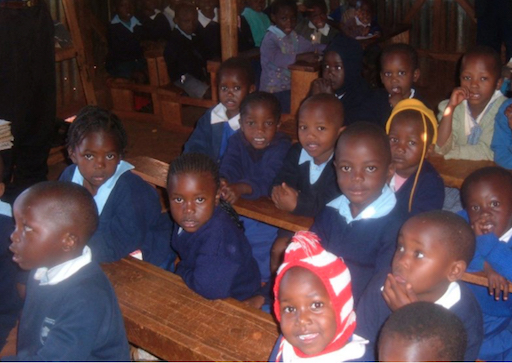
The Halcrow Foundation has funded a project to supply an Ethiopian village and school with clean drinking and handwashing water.
Tullu Nacha in Ethiopia has had no access to a clean water supply. Water for drinking, hand washing and domestic use in the village previously came from unsafe sources and was shared with livestock, which put the villagers at risk of waterborne diseases. This caused the main health problem in the local area, reducing the productivity of local farmers and increasing the time pupils and teachers spent away from school.
Project lead, Andrew Lowe, Principle Hydrologist at CH2M said, “By funding this project the Halcrow Foundation has helped to improve Tullu Nacha’s water supply and made it safe for drinking and washing. The project included capping a spring, building water points and creating a pipeline network. It’s a low-tech, sustainable system, which requires little operation and maintenance, and has been built by the community using local skilled labour.”
The project improves the villagers’ lives in many ways. The safe and sustainable supply of water is promoting better hygiene practices within the school and wider community. The learning environment and attendance rates at Tullu Jaldessa Primary School are improved, and cases of diarrhoea and sickness caused by unsafe water in pregnant women and young children are greatly reduced.
The new water supply also means female villagers and pupils will spend less time collecting water every day, which allows more time to be spent on studying or opportunities to generate more household income. It also makes a huge difference to farmers’ livelihoods, helping them produce healthier livestock with increased milk production and fattening rates. Reduced sickness rates caused by waterborne diseases will also give subsistence farmers more time to prepare land and tend to crops, resulting in better crop yields.


